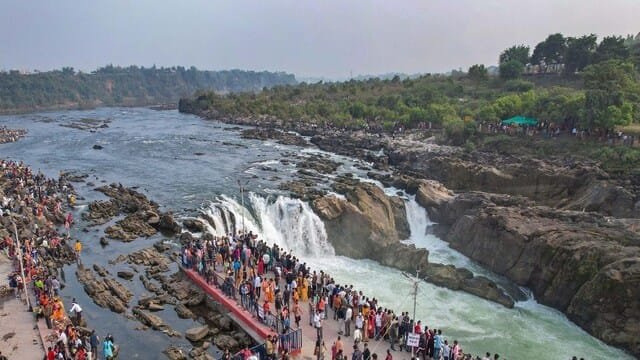India Struggles with Urban Water and Sacred Rivers
Indias urban water crisis is intensifying, with cities across the nation grappling with severe water shortages and contamination. This water scarcity is compounded by the increasing pollution of the country’s sacred rivers, many of which serve as lifelines for millions of people. The pollution of these rivers, often due to untreated industrial waste, religious offerings, and municipal waste, is threatening not only the health of millions but also the cultural and spiritual significance these waterways hold for the country.
The Ganges, Yamuna, and Godavari rivers, revered for their religious importance, are among the most polluted in the country. Despite substantial investments and governmental efforts to clean these sacred rivers, progress has been slow. The issue is multifaceted, with pollution from urban areas being one of the main contributors. Rapid urbanisation has led to poor sewage systems, and the indiscriminate disposal of waste directly into these rivers exacerbates the problem. Furthermore, religious rituals often result in offerings, plastics, and floral waste being dumped into the water, further polluting the already strained ecosystems.
In the face of these challenges, India’s urban water crisis has reached a critical juncture. Cities like Delhi, Bengaluru, and Chennai are struggling to provide clean, safe drinking water to their growing populations. With the nation’s rivers already under immense strain, the pressure to find effective solutions is mounting. Experts argue that the focus must not only be on cleaning the sacred rivers but also on improving urban water management systems, including waste treatment and recycling.
India’s water crisis requires an integrated approach, combining modern technology, community engagement, and stronger policy enforcement. The solution lies in creating sustainable water management systems that both preserve the nation’s spiritual heritage and ensure adequate access to clean water for urban populations. The battle to clean India’s sacred rivers and address its urban water crisis is one that must be fought with urgency, innovation, and collective action.



